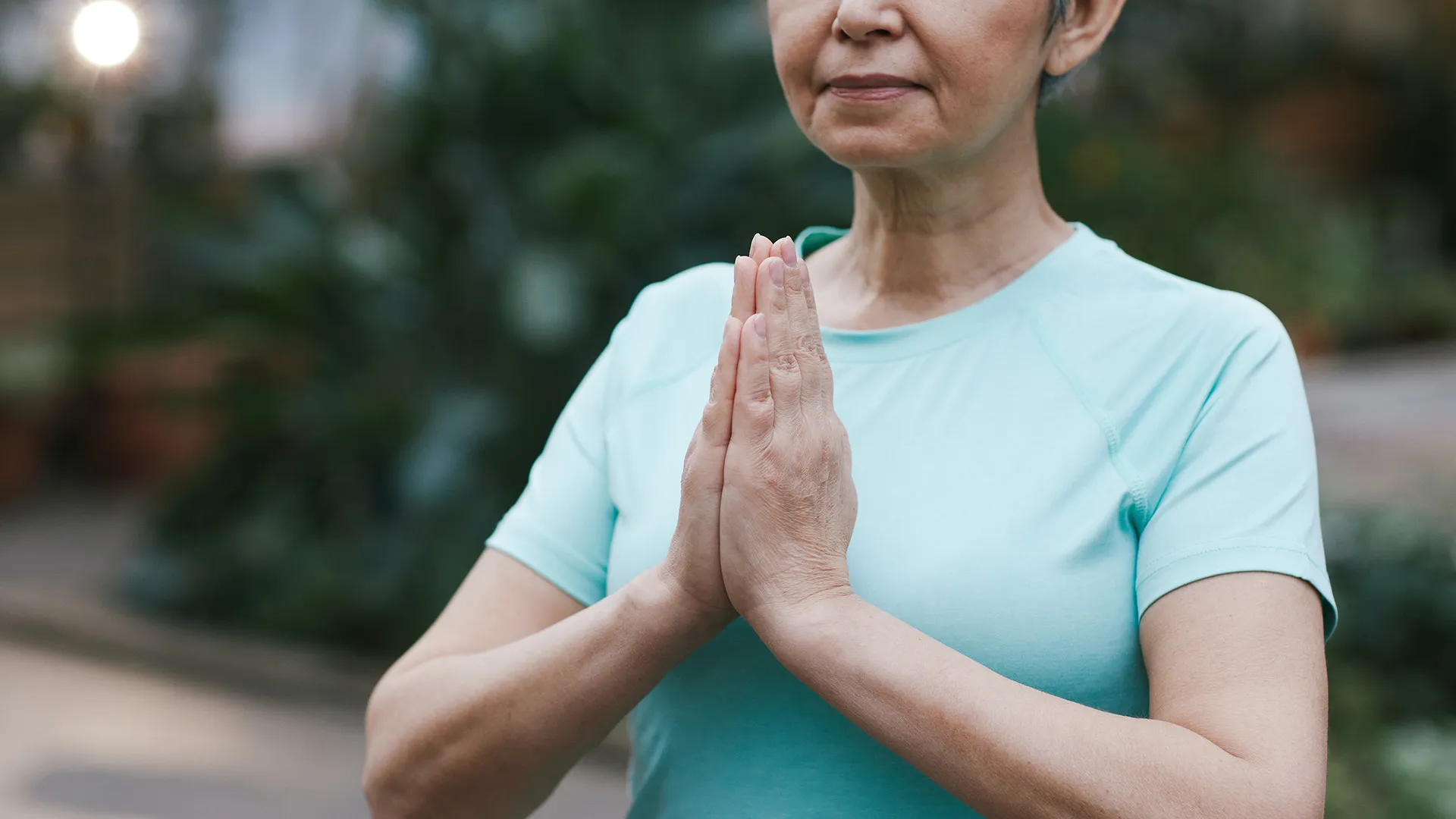When our friend Chris was given that dreadful news that none of us ever want to hear, he took immediate action.
A diagnosis of cancer, of unknown origin and aggressive in nature is terrifying.
But Chris knew what he needed more than anything at that moment, were the following three things:
- The ongoing love and support of his wife and family.
- To honour all those items for self-care, like sufficient good quality sleep and rest, to stay as active as possible and consume healthy food. He swore off meat and dairy and started consuming large quantities of goop, liquidised fruits, and veggies which he freely admitted, didn’t taste that great (and smelt awful!).
- To mentally prepare for what lay ahead, by practicing meditation, accepting his situation, and staying open to all options to what could assist him in living a little longer, but with quality too.
He knew the odds were stacked against him because he was a cancer survivor from twenty years ago and as it turned out, this new cancer was linked to that first episode.
As friends, we rallied round. We caught up regularly between his chemo sessions and sought to provide support, especially when the updates of his disease weren’t good, and the options for alternative treatments were drying up. We shared lots of meals and lots of laughter.
We were all running scared and yet it was often Chris who was able to show us how to manage our thoughts and feelings about his situation.
Dealing with so much uncertainty can take us to dark places including,
Fear. Of the unknown. Of the future. Of failure.
Loneliness. Because only you are experiencing this. And loneliness can be very destructive, reducing hope and putting you at greater risk of poorer mental and physical health. Oh, the irony.
Self-Pity. Why You? The frustration and injustice of your life being cut short.
As a GP, I looked after many people with cancer. Some survived. Some didn’t.
But what struck me was how it was those with greater emotional strength that did best, regardless of the outcome.
And while we are constantly encouraged to do better with our self-care, the need for emotional self-care is sometimes overlooked or forgotten.
Yet, studies have shown how we heal faster, with less need for pain medication and less time in hospital when we are shown high levels of care and empathy by our health professionals, and also take care of our own emotional needs. Emotional wellbeing can be the best tonic for recovery.
Levels of the stress hormone cortisol are lower, and your mood is elevated. You cope better.
It doesn’t eliminate the fear or uncertainty, but it makes things feel more manageable, and provides you the strength to push on for another day.
Just like brushing your teeth, getting into the habit of practicing daily mental and emotional hygiene can be a life saver.
The strength of these practices comes from knowing they can change your experience and bring lasting benefits. Putting in the practice, whether playing the piano or meditating for 15 minutes, over time brings is what elevates your mood and wellbeing.
Psychologist Guy Winch discusses this in his TEDx presentation, talking about our need for emotional hygiene.
He makes the point how as a society we are obsessed with physical health, and frequently dismissive of our psychological wellbeing despite all the evidence that taking care of our emotions and mental health is as critical to our ability to thrive.
Chris understood this and used it to his advantage while pursuing remission from his cancer, to stay as happy and healthy as possible during that time.
Sadly, Chris didn’t survive, and we still miss him terribly. But what we always remember is his capacity for humour, his desire to ensure that his wife was doing OK and to always show up as himself.
He did what he could and was greatly admired by all who knew him, for his tenacity, perseverance, and love of life.
Which is why if you are a leader seeking to be the best version of yourself, to fully thrive, the place to start is with your own self-care, including your emotional and mental wellbeing.
Because you cannot give from an empty cup.
Managing uncertainty, fear and stress starts with you.
How would you rate yourself in each area of your health? Physical, mental, emotional, social, financial and spiritual.
Each matter.
Which is why taking time out for self-reflection for 10 to 15 minutes, once a week, once a fortnight or once a month, can be invaluable to ensuring you are staying true to your strengths and your values, and living life as you want to live it.
How do you practice emotional first aid?
I’d love to hear your thoughts.
As a speaker, trainer, and facilitator I provide courses, workshops, and presentations on how to thrive in life and work.
My new book Thriving Mind: How to Cultivate a Good Life (Wiley) is available online and at all good bookstores.
If you’re looking for someone to speak at your event or help your business, department or team develop a high level of mental fitness, let’s set up a time to talk.


